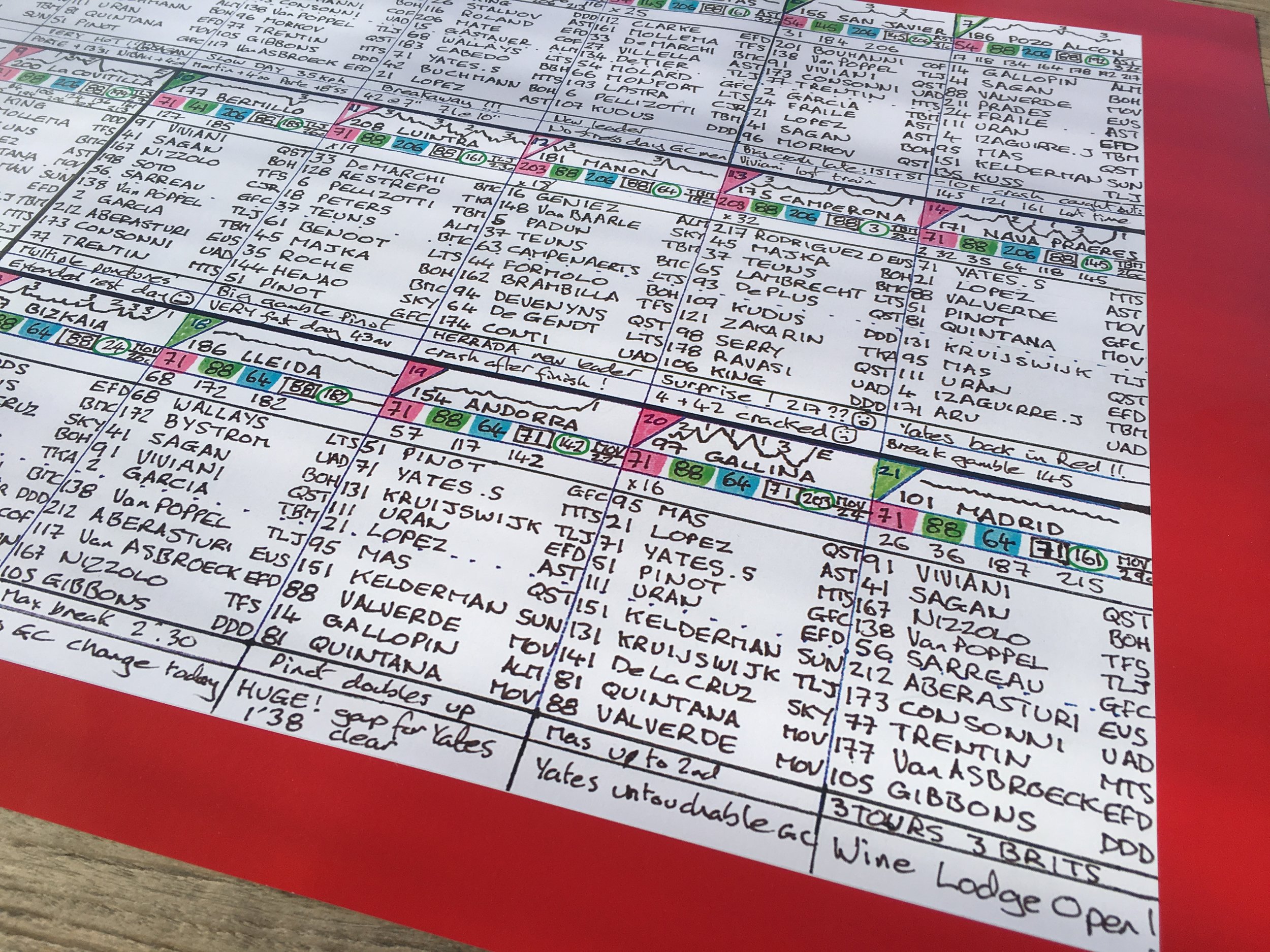There's nothing more fulfilling for a cyclist than the achievement of reaching the top of a mountain. With your legs burning, lungs busting and praying that every bend will be the last, cycling in the mountains is one of cycling most brutal tests which can leave the most talented professional in tatters yet still lures cyclists to challenge themselves and their fitness.
One of Mallorca's iconic climbs from Sa Calobra
As one of the UK’s leading cycling travel operators, Bikecation have clambered up and down a fair few hills in their time and have some unique insights into how one successfully prepares for cycling in mountains.
So just before you embark on your next climb, have a look at their top tips which should prepare you for all eventualities when clambering up and descending down the mountains.
1. Be prepared
The best way to enjoy your trip to the big mountains is to do some training. The best training to do is to make sure you can do an hour to an hour and a half of hard sustained effort to replicate the fact that you will be climbing for an hour to an hour and a half. Always make sure you have a rough idea of the climb ahead of you as this will really help you pace your ride. Riding in the big mountains is hard. Often like the hare and tortoise, those that can pace themselves do much better!
2. Prepare your bike
Make sure your bike is prepared. Get a bike shop to check it over if you are at all unsure, and treat it to new cables, and new brake pads. You should also make sure you have climbing friendly gearing. We recommend a compact crankset (50/34) and at least a 28t rear cassette. A 32t cassette will make it even easier.
3. Check the weather.
Get a good weather app and ask the hotel you are staying in what they think the weather will do. The weather in the mountains can change suddenly and you need to have the right kit on and with you.
4. Don't go riding without a jacket.
Here at Bikecation we go with the rule that if the peak is below 1400m we will always make sure we have a windproof. If the peak is over 1400m, carry a waterproof, long finger gloves and a hat!
5. Pack washing up gloves, a black bin liner and 2 plastic bags
If the weather is looking wet, tuck a black bin liner, cut-down washing up gloves and 2 plastic bags (for your feet) in your back pocket. If you get really cold and wet these items will keep you dry and warm and once you hit the valley floor are very disposable.
6. Don't stop at the top if the weather is bad.
If the weather is bad at the top don't stop. Drop down a handful of hairpins and you will be more sheltered. Plus if you ride over the top you won't get chance to get cold immediately and can put your jacket on in a more sheltered spot. Additionally, if the weather is extreme don't be afraid to abandon. If there is thunder or lightning make sure you are in the valley and if the weather is against you (either extremely hot or extremely cold or wet), don't be afraid to abandon your plans.
7. Drink lots
Believe it or not, the mountains can be hot as well as cold. In either case and especially when it is hot, you will be working very hard and sweating. Make sure you have two large water bottles with you and if you see a fill up point it's always worth topping up. Be wary of cramp and heatstroke and make sure you are taking on electrolytes as well as water.
8. Descend with caution
Descending the traffic free Col de Soller
This is the perfect example of ‘do what I say, not as I do’! We’d recommend that you don't ruin your holiday on the first descent of the day. Unlike the pro's there are no closed roads and coming off hurts!
9. Carry some spares and tools
Make sure that you have a pump, spare tube, spare chain link and basic tools with you. In particular, one spare that is a must for everyone daring to climb mountains is cheap blinking LED lights. Lots of the climbs have tunnels and cloud on the summits can make visibility difficult. A little LED light front and rear makes it easier for other road users to see you and can be a potential life saver.
10. Know how to use your cycle computer
A majority of cyclists these days will have a cycling computer yet many will not harness its true potential. We’d highly recommend that you take some time to read its manual as it can be wealth of knowledge easily answering those questions such as 'how far to the top? Where's the next turn? And are we nearly there yet!?'
Bikecation have just launched a new one-stop website to book custom-made cycling trips in minutes. Think Expedia, but all the flights and hotels are researched to ensure they are bike friendly by Bikecation's founders who are experts in all things related to cycling.






































